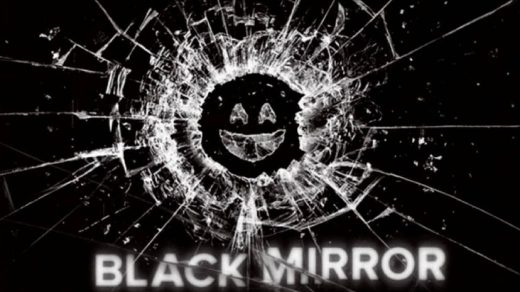Recently, I realised that watching a full movie seems like a task and not a pleasure for me. I am not even mentioning reading or studying which requires more mental and cognitive effort. On the other hand, scrolling social media for hours does not seem that much overwhelming. Therefore, I noticed my attention span is not the same as it used to be. I became more easily distracted. I procrastinate more often, multitask, and have difficulties focusing on studying, reading, or watching long and difficult movies. Sometimes I find myself staring at 2 or 3 screens simultaneously (because 1 does not provide enough stimulation). I believe many young people experience something similar due to the increase in the popularity of short, fast, and easy content on Social Media. Because of that, I started to hear people saying maybe they have ADHD or some other mental disorder to justify their addiction to fast and easy content.
Platforms of short videos like Instagram, TikTok, YouTube, etc; are flourishing now. Audiences don’t want to make decisions, they just open an app and start scrolling without further thinking, analysing what they see. Usually, it is easy content to comprehend and videos change every 15 to 60 seconds, making a viewer addicted to stimulation. More often, users are not aware of how much their brains are impacted by fast-changing images, information, and sounds, which makes Social Media platforms even more dangerous. Moreover, the algorithms are so well-developed that they know what a particular user likes so they keep his attention as long as possible. Algorithms personalise content but most often do not offer the possibility of a choice by creating rather gated communities than diverse and sustainable environments.

Previously mentioned innovations of short-form videos and smart algorithms are examples of the paradox of modernity. However, while content is marketed as always unique, entirely new, and innovative, the ongoing cycle of change remains predictable and familiar, revealing an underlying pattern of repetition and permanence in society. Walter Benjamin compares it to hell – a space where time appears to progress but fundamentally repeats the same patterns. When individuals become familiar with the ongoing cycles, they require stronger stimulations leading to overstimulation and finally harmful consequences on attention span and other cognitive functions. Our cognitive capacity cannot keep up with the pace Social Media suggests to us. The contemporary crisis of attention includes both hyper-focalization and dispersion. While hyper-focalization can be understood as absorption and full focus on something, dispersion on the other hand is a total distraction as individuals attempt to inhabit multiple worlds simultaneously. Hence, I believe there are even more mental problems that social media causes.
Ultimately, these are not merely personal cognitive challenges, but issues that impact all of humanity. These mental shifts shape our society and culture as a whole. If, as Marshall McLuhan famously stated, the medium is the message, what lessons are we absorbing from fast-paced content platforms? If we can no longer focus on a two-hour movie or read a book without distractions every few minutes, what does the future hold? How will this reshape our collective experience and the trajectory of our shared future?
My conclusion is that the human brain degrades, while the World Brain progresses.
References:
Campo, Enrico. Attention and Its Crisis in Digital Society. London, England ; Routledge, 2022.
McLuhan, Marshall. Understanding Media : The Extensions of Man. London [etc: Ark, 1987.
Wells, H. G. (Herbert George). World Brain. Cambridge, Massachusetts: The MIT Press, 2021.




Recent Comments